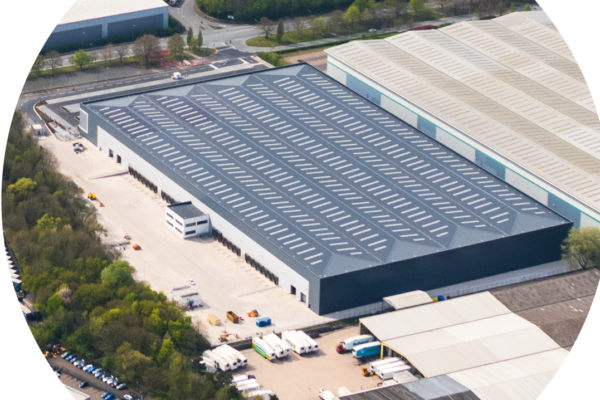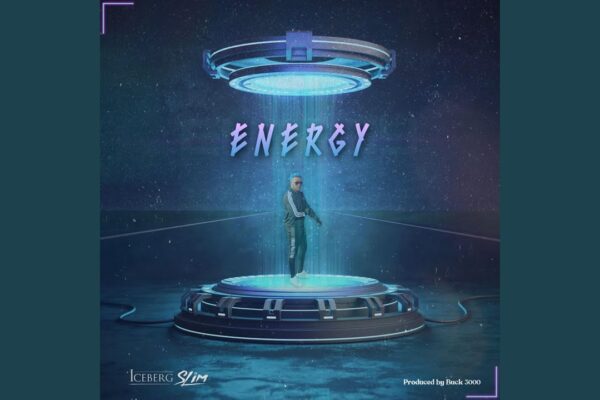
Introduction to Ford’s Current Landscape
Ford Motor Company, a pillar of the global automotive industry, continues to evolve and adapt to changing market dynamics and technological advancements. As one of the oldest car manufacturers, Ford not only plays a crucial role in the economy but also is at the forefront of innovation, especially in electric vehicles (EVs) and sustainable practices. Understanding Ford’s recent strategies and developments is vital for industry analysts, consumers, and potential investors looking to grasp future trends.
Ford’s Commitment to Electric Vehicles
In 2023, Ford has significantly ramped up its efforts in the electric vehicle segment. The company has set an ambitious goal to be carbon neutral globally by 2050, emphasising the importance of sustainable transport. The launch of the Ford F-150 Lightning, an electric version of its best-selling truck, has received overwhelmingly positive reviews, showcasing the brand’s dedication to performance and sustainability. Ford aims to produce 2 million EVs annually by 2026, a clear indication of its commitment to shifting towards an electrified future.
Recent Developments and Strategic Partnerships
This year, Ford announced a further investment of $50 billion in electric and autonomous vehicle development through 2026. The strategy includes expanding manufacturing capabilities and entering key partnerships with technology firms to enhance autonomous driving technologies. Moreover, Ford has partnered with Google to leverage AI for enhancing customer experiences and refining operations. This collaboration is expected to drive efficiency and innovation within the company.
Sustainability Initiatives
Outside of electric vehicles, Ford is implementing numerous sustainability initiatives in its manufacturing processes. The company aims to use at least 50% recycled materials in its vehicles by 2030 and has introduced several projects focused on carbon footprint reduction across its supply chain. The introduction of the Mustang Mach-E and the commitment to hydrogen fuel technology illustrates Ford’s diversified approach to sustainability.
Conclusion: The Future of Ford
As it moves forward, Ford’s strategies regarding electric vehicles and sustainability are positioning it well within an increasingly competitive landscape. The automotive industry is undergoing a profound transformation, and Ford’s proactive measures reflect its resolve to remain a leader in this shift towards greener, smarter transportation solutions. For consumers, investors, and industry observers, Ford’s ongoing innovations and its responsiveness to market demands suggest a robust future, poised to meet the evolving expectations surrounding mobility and environmental responsibility.
You may also like

The Importance of Building a Sustainable Company

Understanding the Significance of Energy in Our Lives

The Impact of White Lotus on Environmental Tourism
SEARCH
LAST NEWS
- Remembering Wendy Richard: The Promise to Co-Star Natalie Cassidy
- How Did Anglian Water Achieve an ‘Essentials’ Rating for Mental Health Accessibility?
- Shai Hope Leads West Indies in T20 World Cup Clash Against South Africa
- What We Know About Weston McKennie: Future at Juventus and Past at Leeds
- What We Know About the Upcoming Live Nation Antitrust Trial